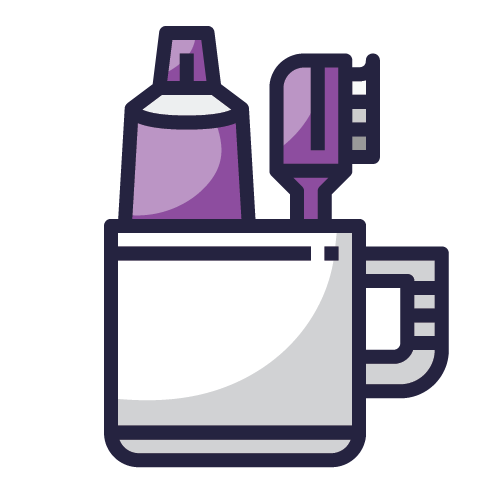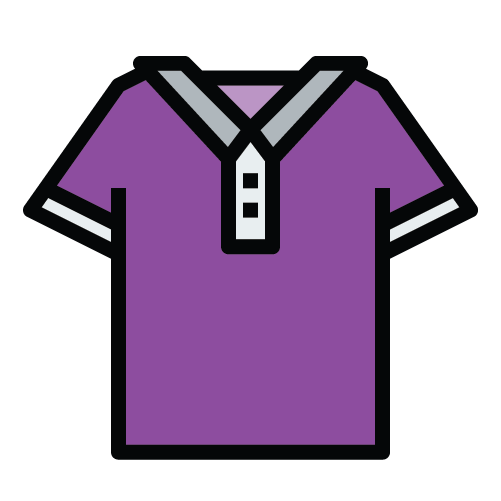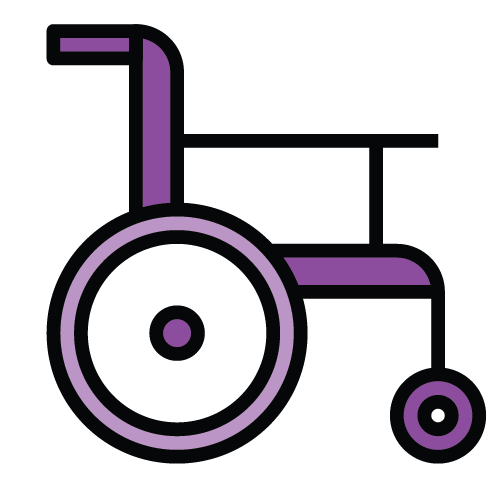Training Modules
Dementia Reality™ is an innovative experiential caregiver training program.
It uses virtual reality technology to build empathy and understanding through an immersive caregiving experience. Dementia Reality utilizes both a caregiver’s and first-person perspective of a person living with dementia to develop the skills and knowledge necessary to provide excellent person-centered care and improve outcomes.
Each role specific training module is 1 hour long and includes worksheets and handouts to support the curriculum outside the classroom. Module-specific skills and learning objectives.

Module 1: Activities of Daily Living Across all Levels of Care (ADLs)
This module focuses on the following skills:
- Waking up, toileting, and toothbrushing with a supportive approach
- Safety
- Understanding changes in visual and auditory processing
- Understanding how cognitive changes affect communication; using communication strategies to enhance care
- Contact us for pricing information

Module 2: Challenges in Activities of Daily Living:
This module focuses on the following skills:
- shaving, showering, and dressing with an intentional and supportive approach
- managing behaviors using an intentional and supportive approach
- meeting a person where they are at; hallucinations and delusions
- redirection

Module 3: Changes in Behavior
This module focuses on the following skills:
- Safety
- Triage; responding appropriately to behaviors with an intentional and supportive approach
- Addressing predictive behaviors
- redirection
- Understanding cognitive changes; hallucinations and delusions
- Contact us for pricing information

Module 4: Direct Service Workers: Dining Services
This module focuses on the following skills:
- triage (working as a team)
- approach: visual and auditory fields
- communication: understanding cognitive changes
- safety

Module 5: Direct Service Workers: Life Enrichment and Activities Staff
Skills- focus on appropriate engagement, communication, and re-direction
This module focuses on the following skills:
- communication ; verbal and non-verbal
- identifying early signs of agitation
- redirecting using knowledge of personhood
- appropriate engagement; meaningful activities

